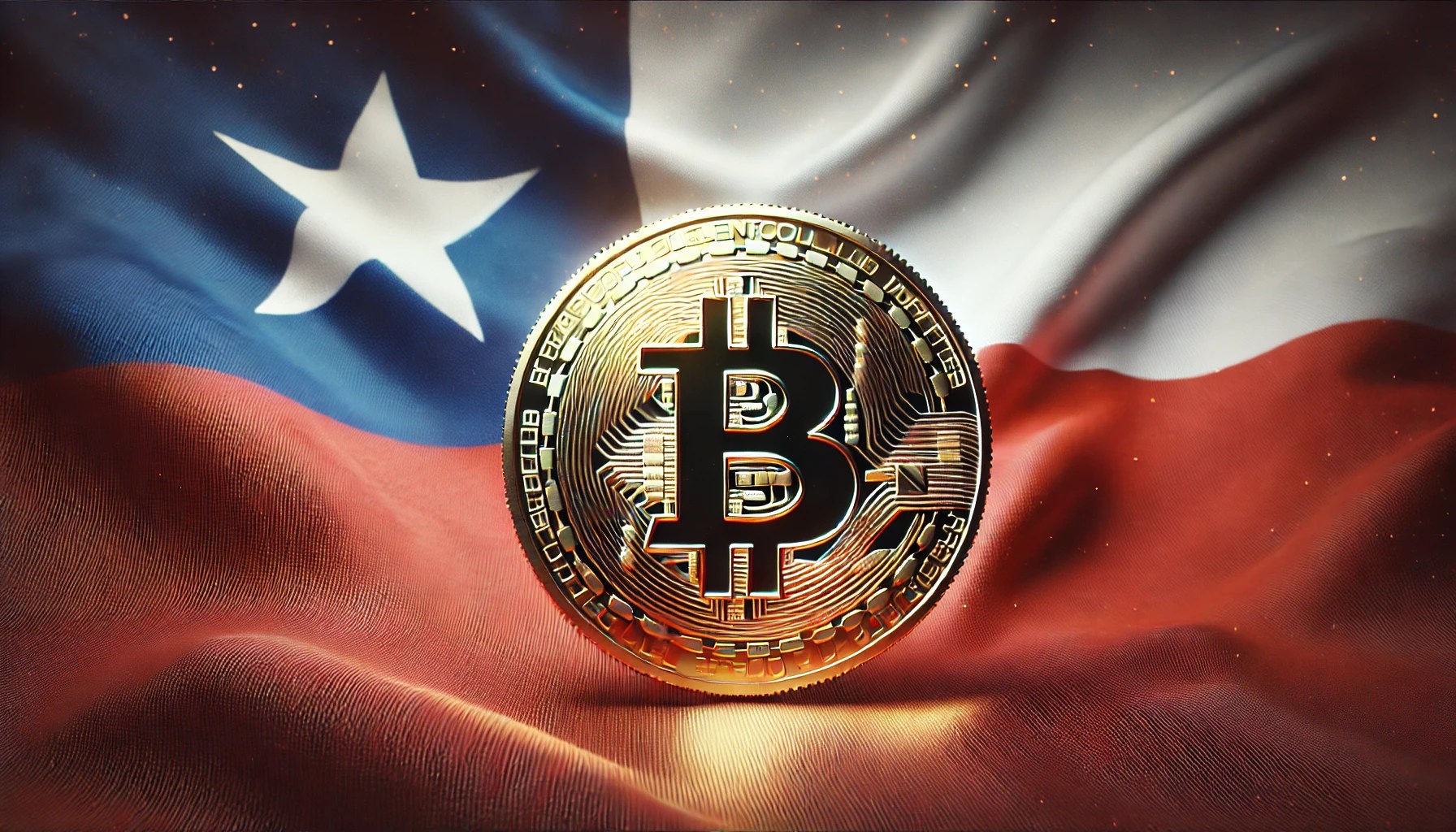Ethereum MEV-relay bloXroute to deny OFAC-listed transactions, escalating crypto censorship debate
Introduction
In a bold move, bloXroute labs has announced that it will reject blocks containing transactions from addresses listed on the Office of Foreign Assets Control’s (OFAC) Specially Designated Nationals And Blocked Person List (SDN) list starting Dec. 18. This decision has sparked a heated debate within the crypto community about censorship and control over decentralized networks.
Implications for Individuals
For individuals, the decision by bloXroute labs to deny OFAC-listed transactions could have far-reaching consequences. If your address is listed on the OFAC SDN list, you may find it difficult or even impossible to transact on the Ethereum network using bloXroute relays. This could potentially restrict your access to certain services or hinder your ability to participate in decentralized finance (DeFi) activities.
Implications for the World
On a larger scale, the move by bloXroute labs to filter out OFAC-listed transactions raises important questions about censorship and control in decentralized systems. While the goal of blocking transactions from sanctioned individuals may be to comply with regulatory requirements, it also sets a precedent for centralized intervention in a space that was designed to be trustless and censorship-resistant. This could have broader implications for the future of decentralized networks and the principles they were built upon.
Conclusion
As bloXroute labs moves forward with its decision to deny OFAC-listed transactions, the crypto community will continue to grapple with the implications of increased censorship and control in decentralized systems. Whether this move ultimately strengthens regulatory compliance or undermines the core principles of decentralization remains to be seen, but it is clear that the debate is far from over.





